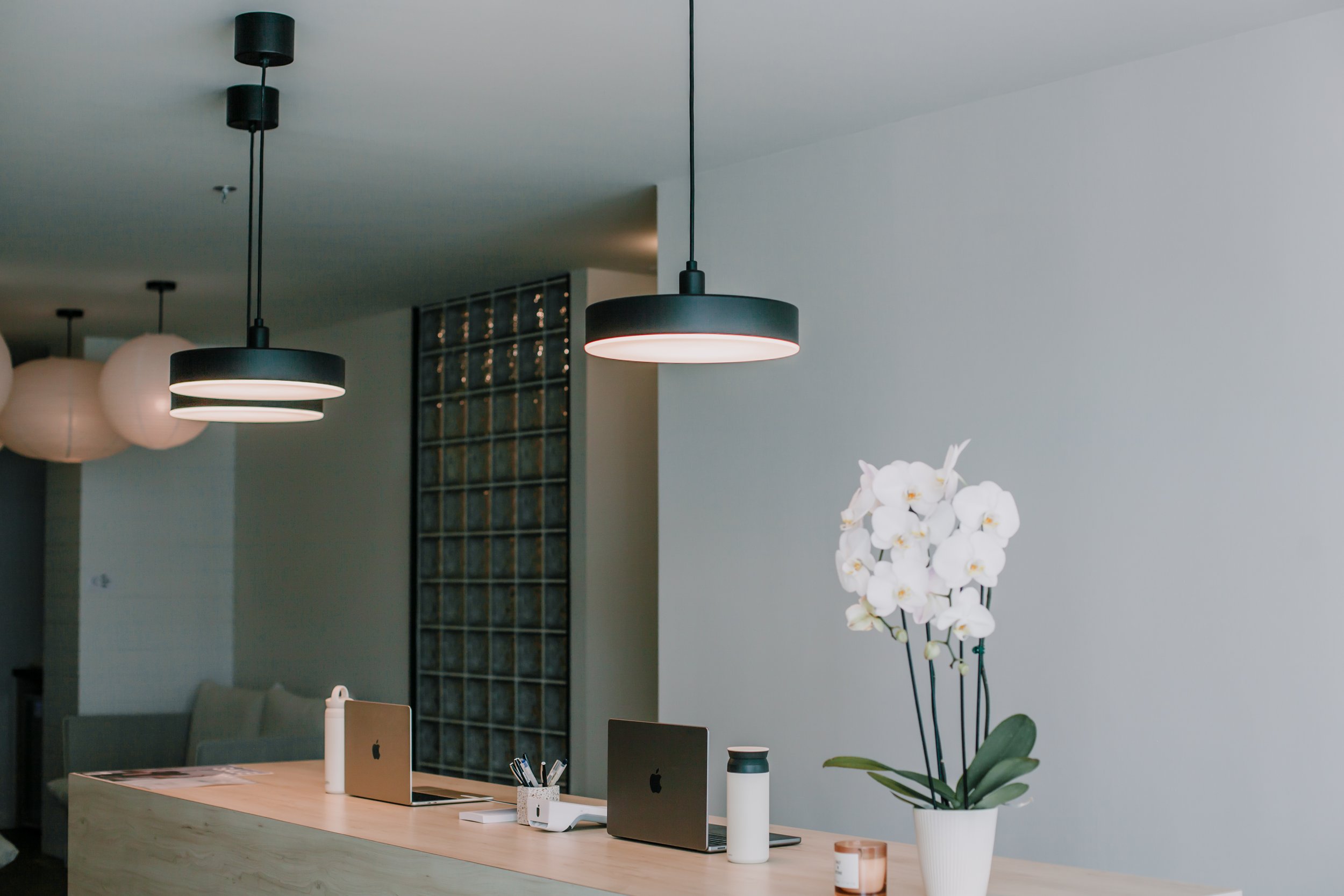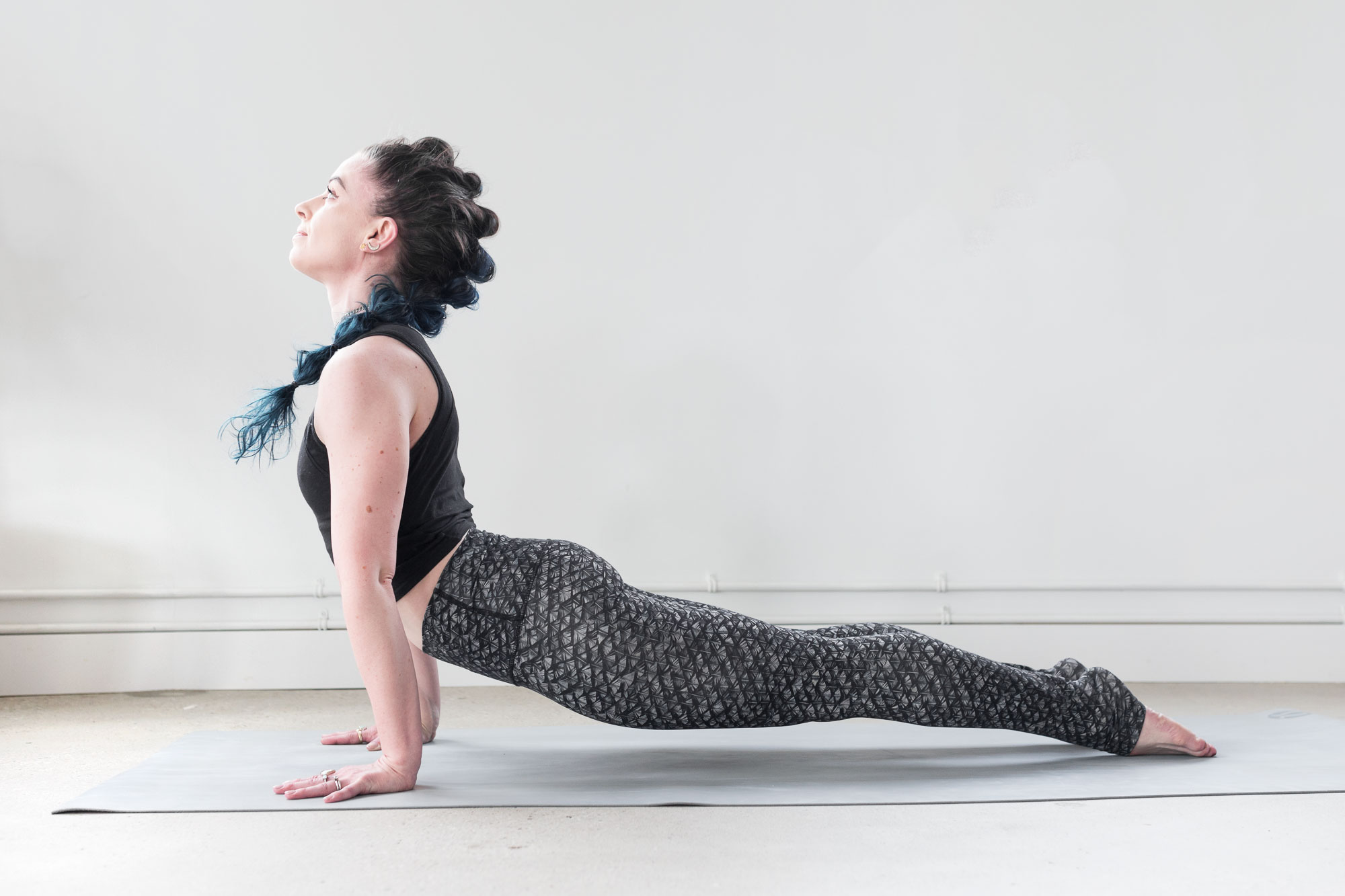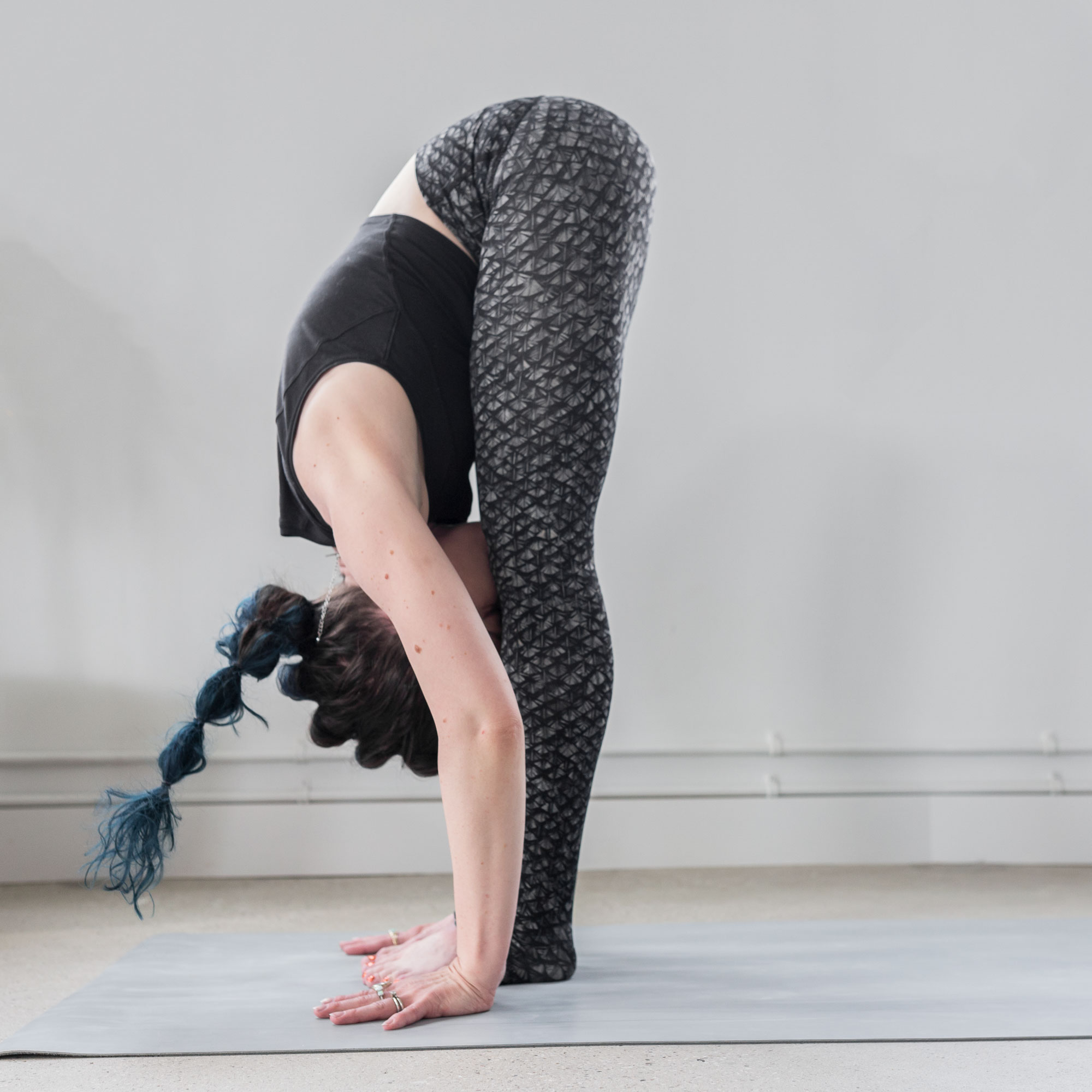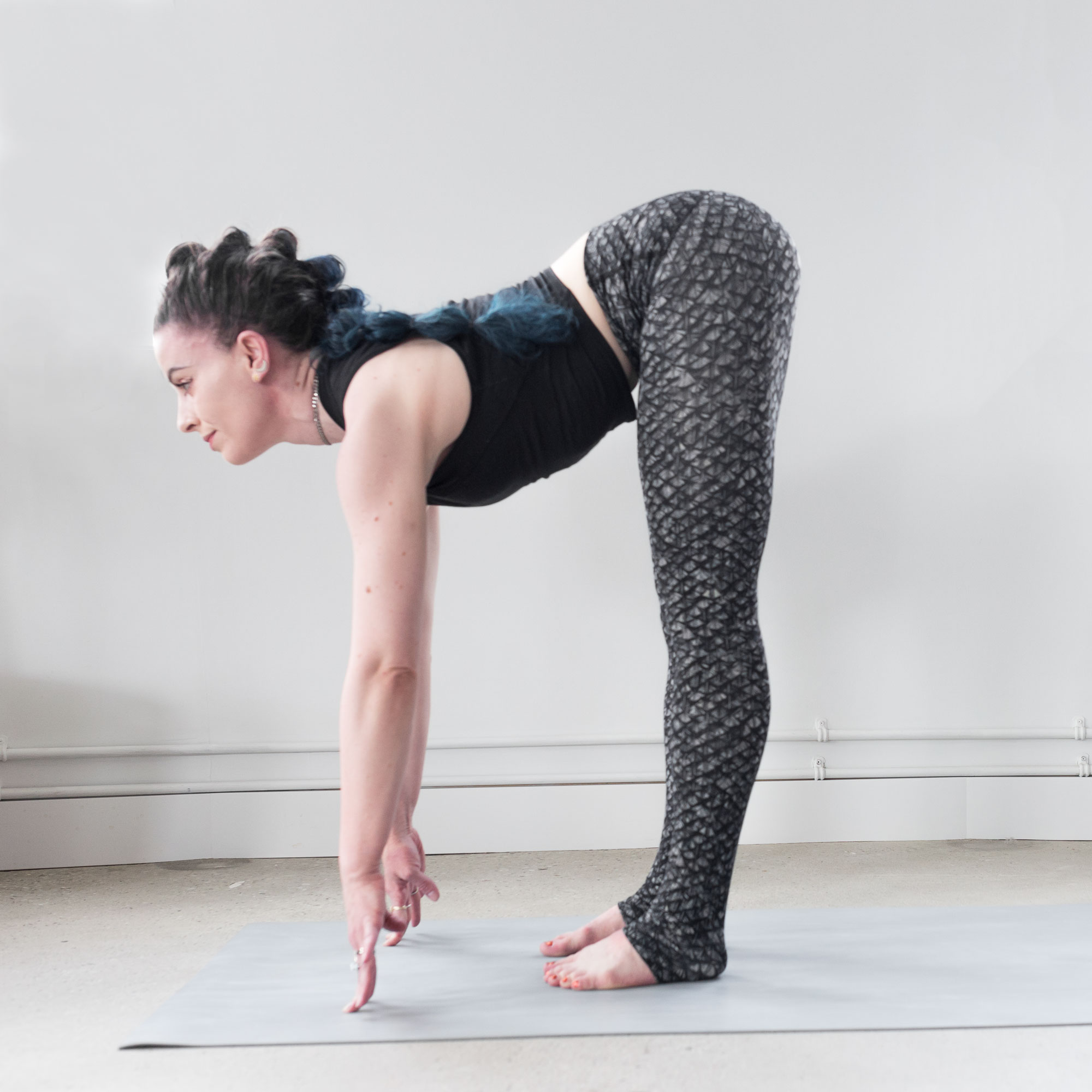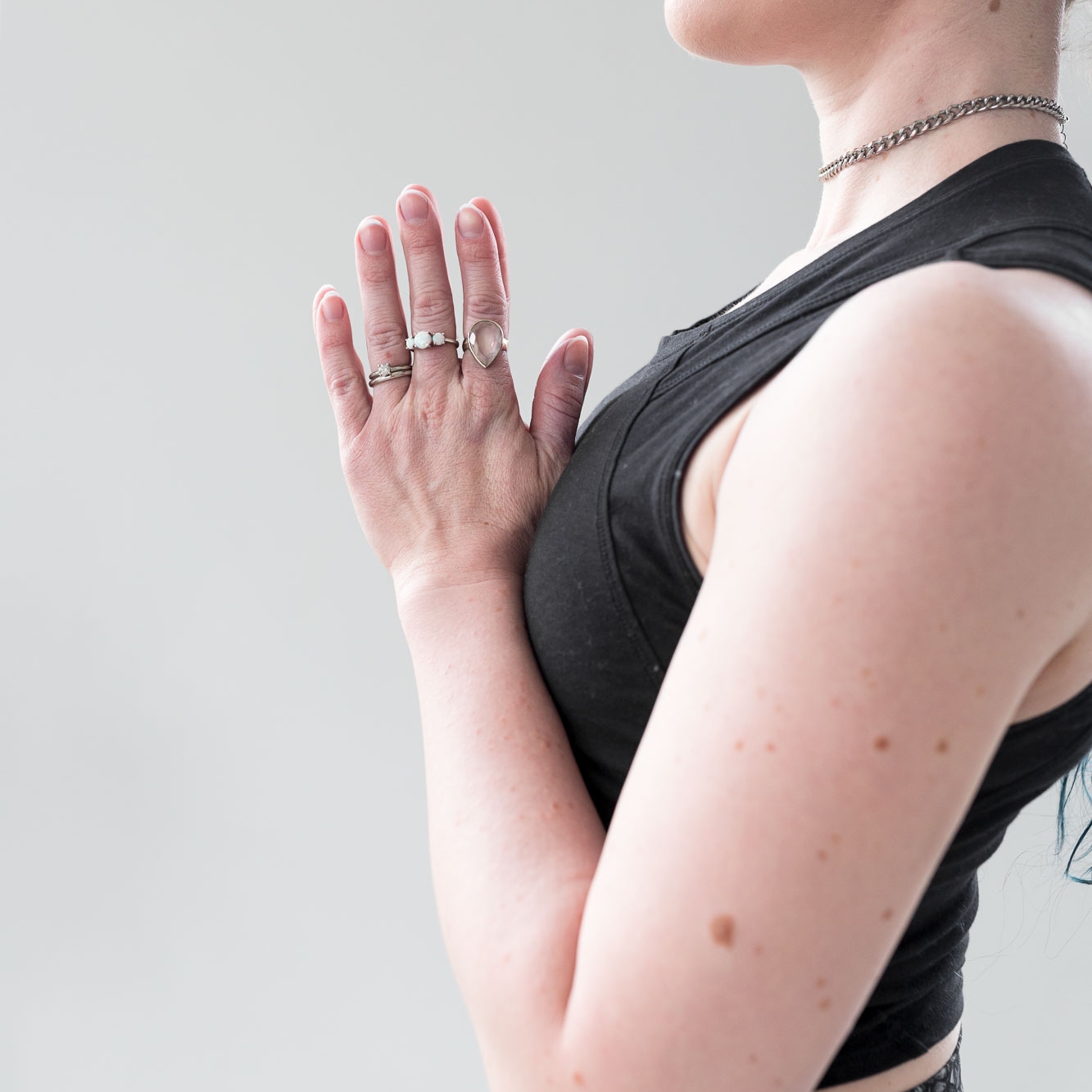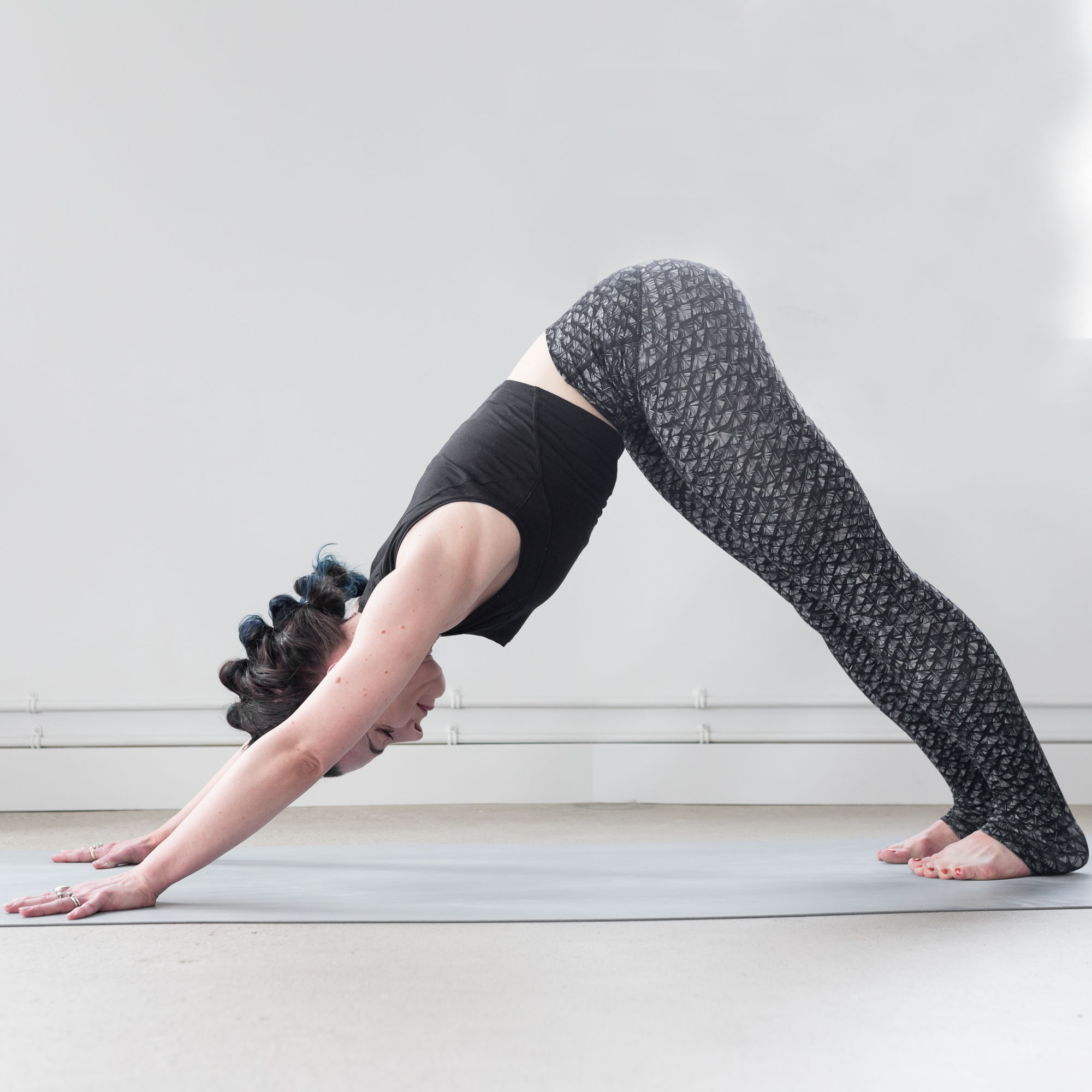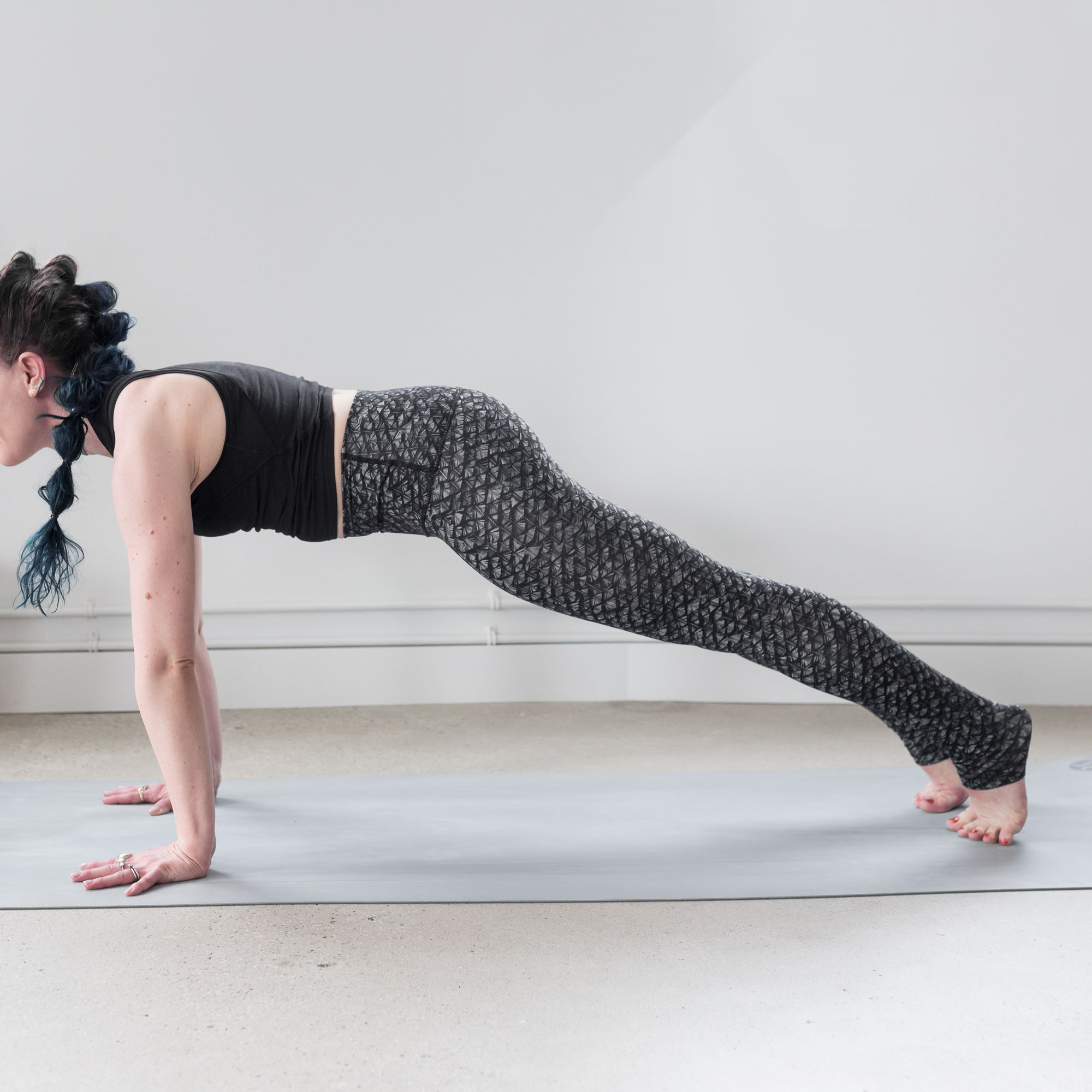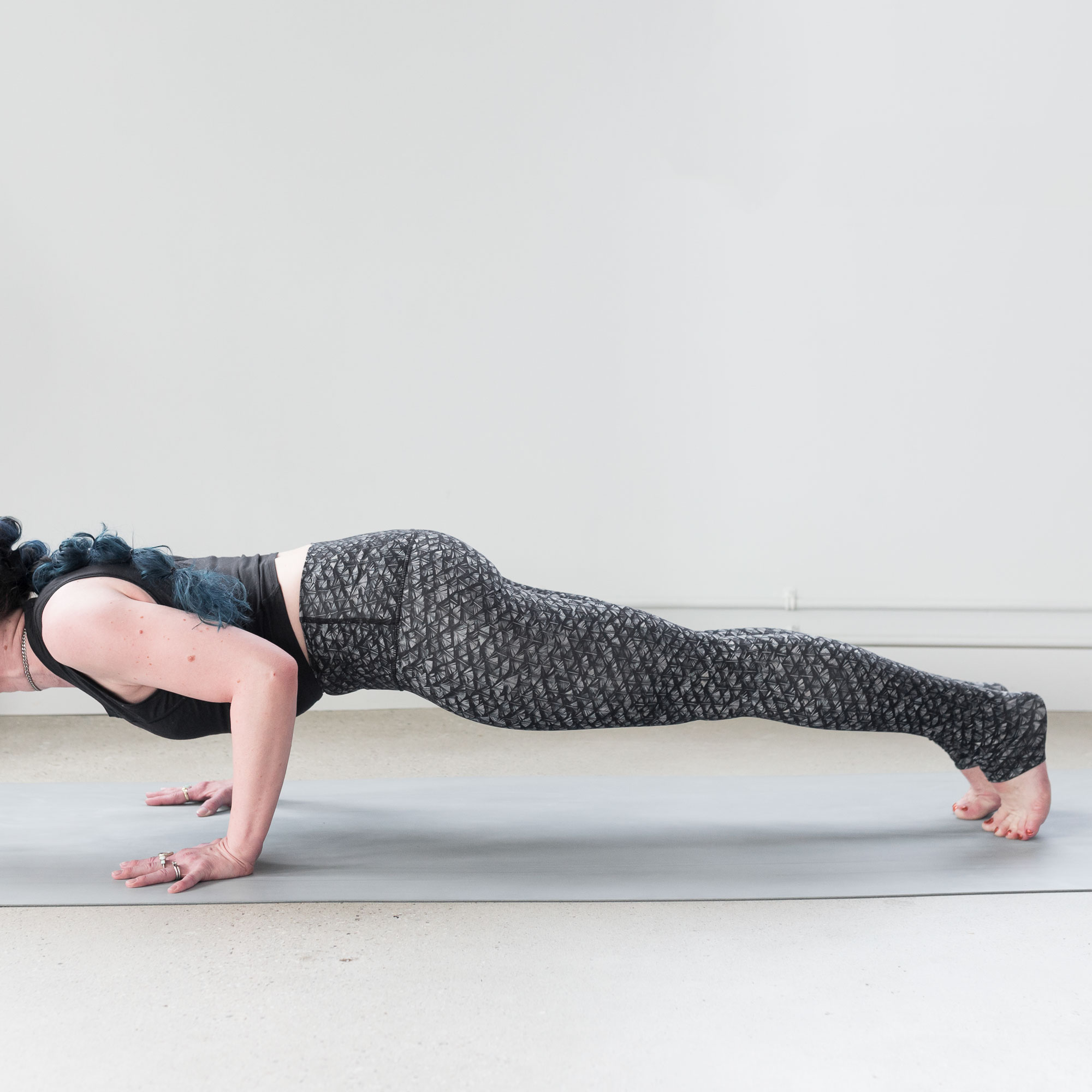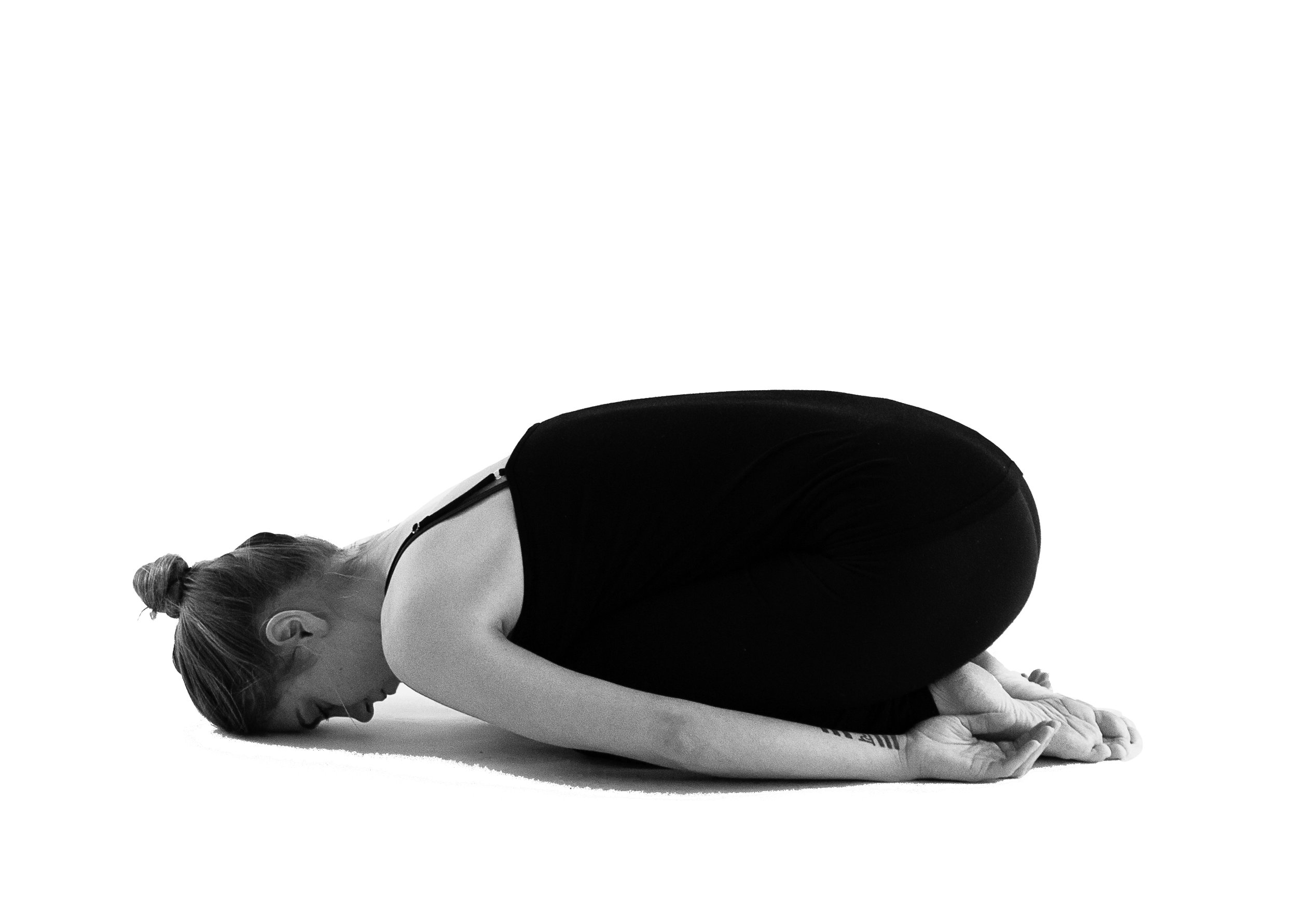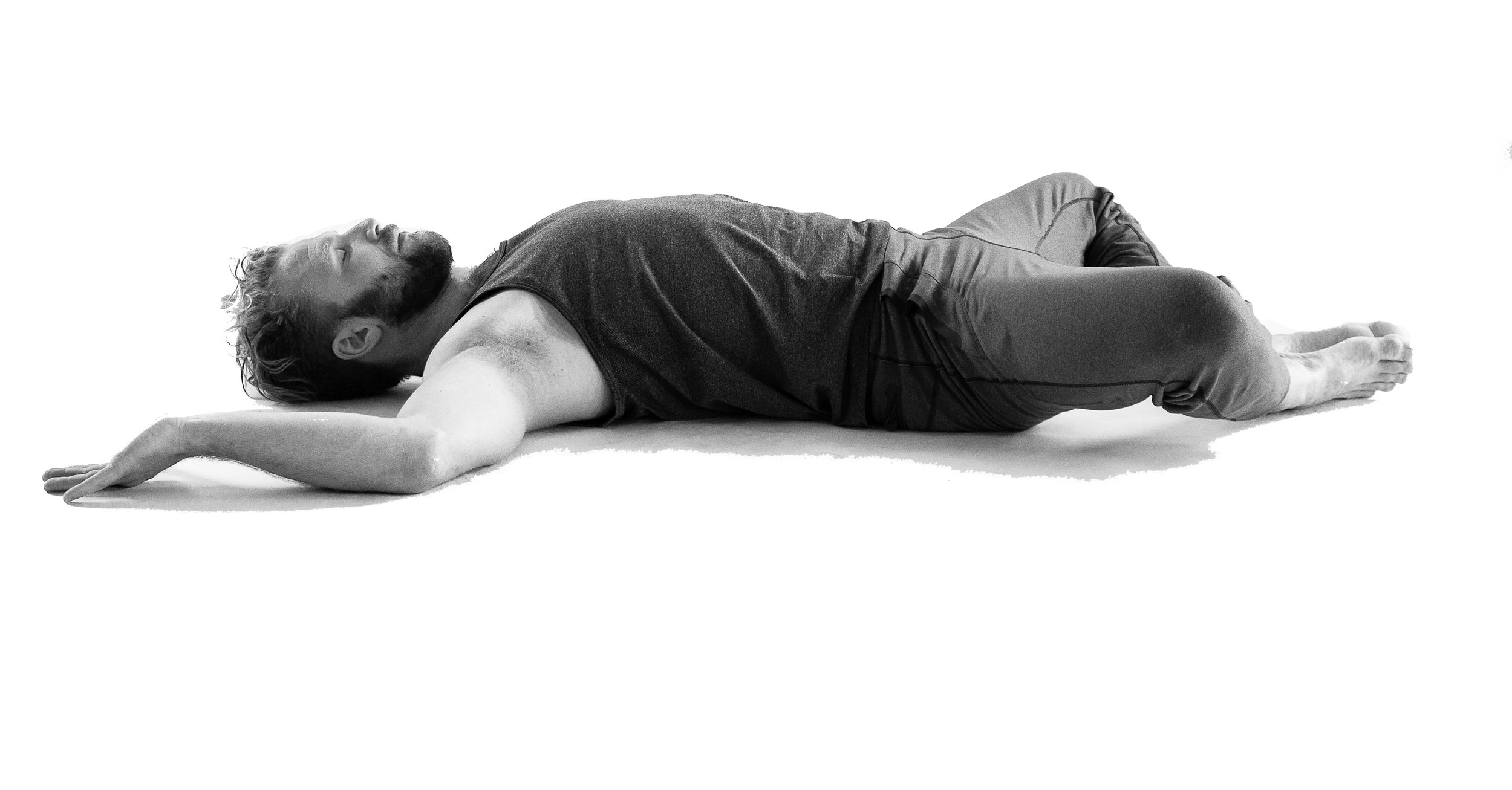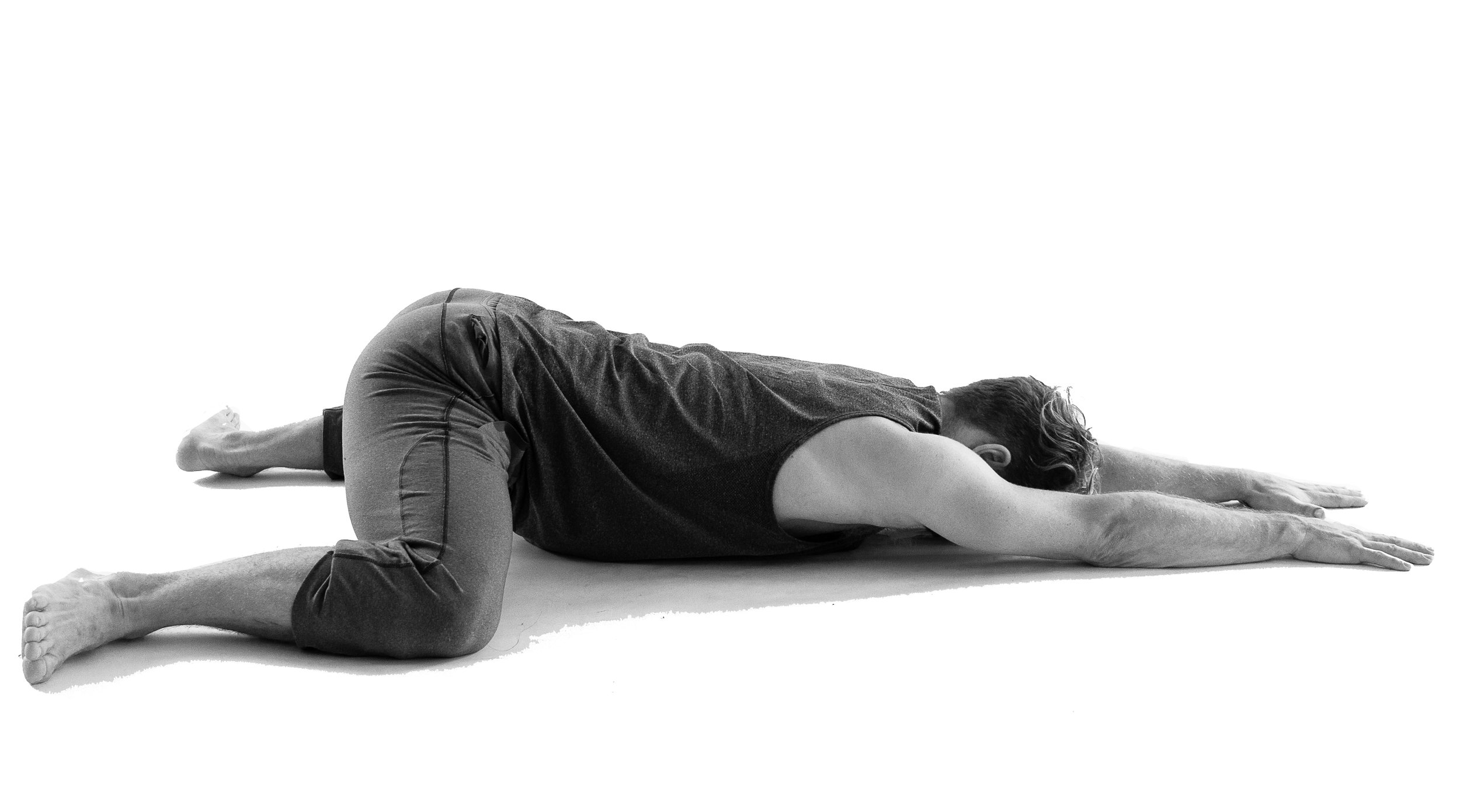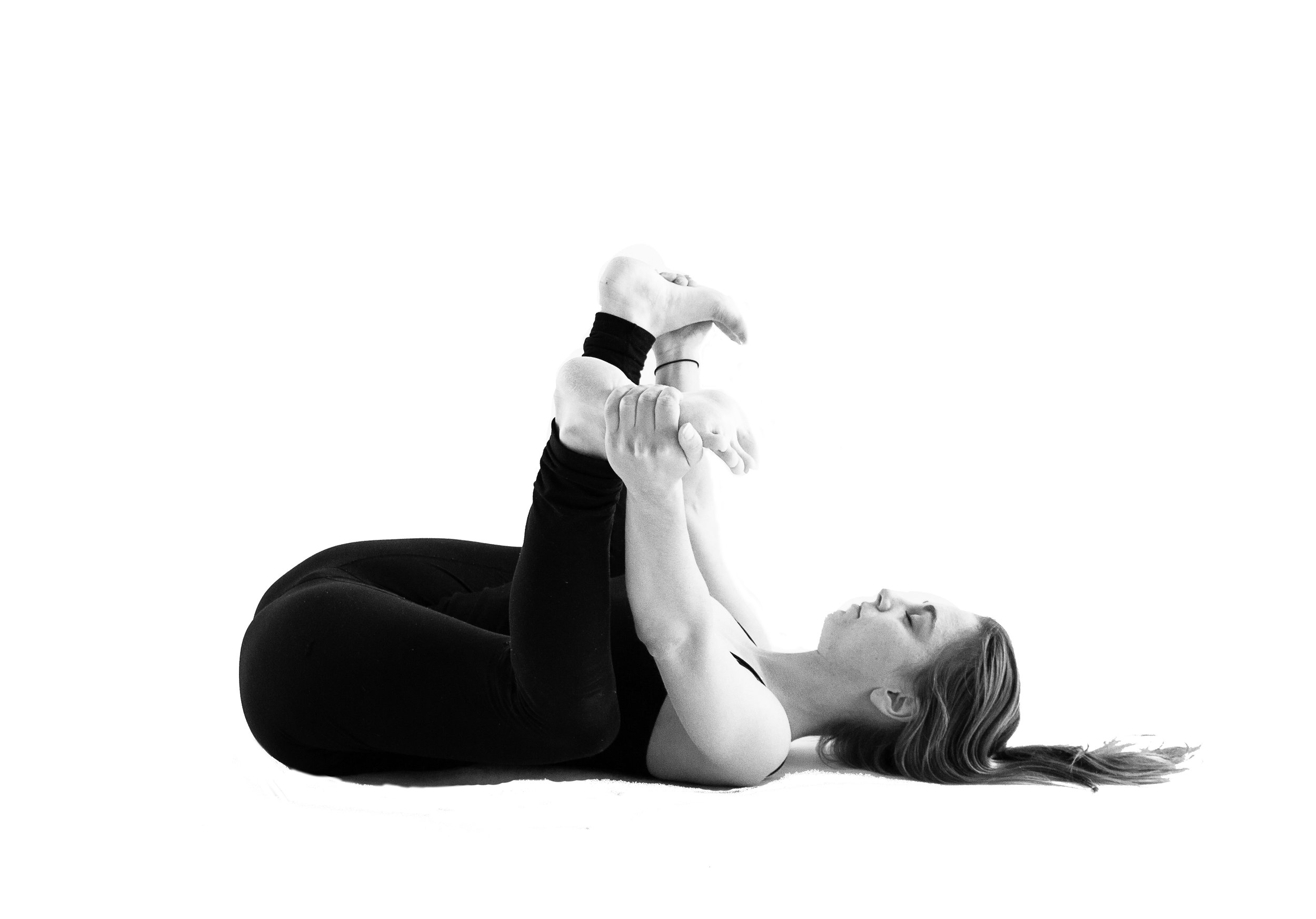Mindfulness, Yoga, and Setting Boundaries: Finding Balance in the Digital Age
One powerful way to incorporate mindfulness is through the practice of yoga. Yoga combines physical movement with breath awareness, allowing us to synchronize body and mind. By focusing on the sensations of our body as we move through different poses, we can bring our attention away from our phones and social media and into the present moment.
In today's fast-paced and hyper-connected world, finding moments of peace and stillness has become increasingly challenging. We are constantly bombarded with notifications, social media updates, and digital distractions that can leave us feeling overwhelmed and disconnected from ourselves. However, with the practice of mindfulness and yoga, we can cultivate a sense of awareness and set healthy boundaries with our phones and social media, allowing us to find balance and reclaim our well-being.
The Power of Mindfulness: Mindfulness is the practice of bringing our attention to the present moment without judgment. It involves being fully aware of our thoughts, feelings, sensations, and surroundings. By incorporating mindfulness into our daily lives, we can develop a deeper sense of self-awareness and a greater ability to stay grounded amidst the chaos of the digital world.
One powerful way to incorporate mindfulness is through the practice of yoga. Yoga combines physical movement with breath awareness, allowing us to synchronize body and mind. By focusing on the sensations of our body as we move through different poses, we can bring our attention away from our phones and social media and into the present moment.
Setting Boundaries with Your Phone: While our smartphones are incredibly useful tools, they can also be major sources of distraction and stress. To set healthy boundaries with your phone, consider implementing the following strategies:
Establish "Phone-Free" Zones: Designate certain areas or times in your daily routine where the use of your phone is off-limits. For example, you might decide to keep your phone out of the bedroom to create a peaceful sleep environment or institute a "no phones at the dinner table" rule to encourage mindful eating and meaningful conversations.
Practice Digital Detoxes: Set aside specific periods of time, such as an hour or even an entire day, when you disconnect from your phone and social media. Use this time to engage in activities that promote mindfulness, such as going for a nature walk, journaling, or practicing yoga.
Mindful Notifications: Take a moment to assess which notifications on your phone are necessary and which ones are simply distractions. Consider turning off non-essential alerts and only allowing notifications from critical apps or contacts. This will reduce the constant interruptions and allow you to focus more on the present moment.
Embracing Social Media Mindfully: Social media platforms have become integral parts of our lives, but they can also have negative effects on our mental well-being.
Establishing Boundaries: To develop a healthier relationship with our phones and social media, setting boundaries is crucial.
Here are some practical tips:
a. Create Tech-Free Zones: Designate certain areas in your home, such as your bedroom or the dining table, as tech-free zones. This allows you to disconnect and be fully present in the moment.
b. Set Intentional Phone Usage: Determine specific times throughout the day when you will check your phone or engage with social media. Create a schedule that works for you, allowing for dedicated phone-free periods.
c. Mindful Social Media Consumption: When using social media, be intentional about the content you consume. Unfollow accounts that don't align with your values or cause negative emotions. Use the mute or unfollow features to limit exposure to content that may trigger stress or overwhelm.
d. Practice Digital Detoxes: Occasionally disconnecting completely from your phone and social media can do wonders for your mental and emotional well-being. Set aside regular periods, such as a day or weekend, to engage in offline activities and recharge.
Break It Down: Vinyasa
VINYASA, TRANSLATED:
“To move or arrange in a special way”. It can also mean “movement” or “position of the limbs”.
Written by Kristine Owen Wood | Photographed by Caitlin Varrin
What is Vinyasa?
One term, many meanings!
Vinyasa, translated:
“To move or arrange in a special way”. It can also mean “movement” or “position of the limbs”.
Vinyasa, the style of yoga:
refers to a strong, dynamic, continuously flowing practice which aims to seamlessly integrate movement and breath. a.k.a, ‘Moving Meditation’: The relative quick pace of Vinyasa Flow with its emphasis on matched breath/movement and fluid transitions between poses allows many practitioners to relax habitual thought-loops and enter an embodied “flow state” of being. Same same but different? Styles of yoga at Yogalife which are synonymous with, derived from, or closely related to Vinyasa include “Ashtanga”, “Rocket”, “Sattva”, “Flow”, and the “Yang” portion of “Yin/Yang”.
Why break it down?
Vinyasa classes tend to move more quickly than slower styles like Hatha and in order to “keep the flow”, might not always provide as much in-depth alignment instruction. This can sometimes result in confusion for newbies! It can also create a situation where the most often-repeated set of movements are amongst the least fully-understood.
Potency of practice:
Developing a clear understanding of how to approach Vinyasa for your body, through your body, is essential for unlocking the full potential of your “flow state” experience. Below is a step-by-step guide to aid you in this journey!
Vinyasa, the flow of movement:
“Vinyasa” can also refer to a very specific cycle of poses that repeats throughout any of the above-mentioned class styles.
Rise & Shine!
Vinyasa will often appear first in the course of opening Sun Salutations as a method of evenly warming up the body.
The groove that binds us:
Subsequent Vinyasas alternately serve as fire-stokers, neutralizers, palate-cleansers, and an efficient, elegant method of transitioning from pose to pose.
Full Vinyasa, unmodified
Click on image for more details!
Half Vinyasa, unmodified
Click on image for more details!
Awesome Mods
Mythbuster: modifications are not in any way “lesser” the main pose. In fact, modifications are a highly intelligent way to adapt poses to meet your practice where it’s at and ensure that you build the space and strength you need to evolve, sustainably.
Forward Fold & Halfway Lift
Place blocks underneath hands = more room to stretch out backs of legs & lift through chest
High Plank >> Low Plank
Lower knees to floor = more power to practice correct upper body alignment & thus gain strength. Place blocks under hands to create more height & space in plank.
Upward Facing Dog
Cobra instead! All of the backbendy goodness without undue strain on wrists, low back, or feet. Blocks under hands = more space for spine to lengthen & curve.
Downward Facing Dog
Try Puppy Pose instead! An active version of Child’s Pose (press palms into floor & keep chest & shoulders lifted), it relieves hamstrings and takes pressure out of shoulders and wrists while maintaining energy. Or, place blocks under hands to create more length and space throughout the shape.
Whether you're in that full flow or working with modifications and props, there is a comfortable way to build strength through vinyasa for every yogi!
Listen to what makes your body sing and let that be what guides your practice.
Namaste
The International Day of Happiness
All photos featured in this blog are by Jenn Clara Photography
The International Day of Happiness was founded by a United Nations special advisor by the name of Jayme Illien, as a means of pushing forward the global happiness movement. Jayme Illien conceptualized the idea for a day that recognized the pursuit of happiness as a human right and “fundamental human goal”. Selected to fall on March 20 of every year, in line with the March Equinox, the International Day of Happiness was developed as a means of highlighting one of the major goals of the UN, which was “happiness for the entire human family”.
The International Day of Happiness, since it’s inception and first official celebrated day on March 20, 2013 has sparked multiple initiatives centering around happiness. HappinessDay.org is the official website of the International Day of Happiness. Another associated website includes Speakhappiness.com which offers two free workbooks titled “One Day of Fluent Happiness” and “Happiness in the Workplace Every Day” for all visitors to their website. Finally, The Secret Society of Happy People offers International Happiness Day graphics that can be shared on social networks, and also attempts to define various types of happiness through 31 different categories.
As part of celebrating the International Day of Happiness, we asked a handful of Yogalifers what their “happiness hacks” are. We wanted to get to know what pick-me-ups help our fellow staff-members stay positive, and also see where these happiness hacks fall under in The Secret Society of Happy People’s definition of happiness.
Caren on retail therapy and dancing like no one is watching:
For Yogalife owner, Caren Hui, her go-to happiness hacks include going for a walk with a friend or lover, online shopping, and dancing, or as she aptly describes as “turning up the music and shaking that booty”. According to the Secret Society of Happy People, Caren’s happiness hacks would fall under social happiness (walking with a friend), anticipatory happiness (the happiness of looking forward to acquiring something in your life such as online shopping), and playful happiness (dancing for the sake of dancing).
Kristine on good reads and indulgent baths
Kristine’s happiness hacks fall under the category of “Mellow Happiness”. According to their website, feeling mellow includes feeling carefree, and allowing ourselves to be submerged in the moment and enjoy it to its fullest – this includes things like prayer, meditation, taking a walk, diving into a good book or listening to music. For Kristine, a luxurious bath, with a lot of bath salts and essential oils, paired with a good book, and a tasty beverage is a surefire way to get her on the road to happy when she’s feeling down.
Sarah on giving back to her friends and family
Sarah’s happiness hacks, while considered “Social Happiness” also falls under the category of “Giving Happiness” as well as “Helping Happiness”. Sarah considers her joy to come from making those around her happy, especially when the kind gestures are unexpected. This can include making friends or family their favorite food by surprise, leaving cute notes to bring a smile to their faces, or helping people out with a task that they need completed.
Dean on being creative
As for me? My happiness hacks lately fall under the category of “Inspired Happiness”. To nurture my creative side, I’ve reignited my love for photography, and writing (like putting together a few blog posts), and have sought inspiration in the people and environment around me. This has also given me another avenue to give back to my friends and family in a different way – I’ve found photography a great way to connect with people on another level, helping to facilitate the “Social Happiness” side of my life.
Happiness comes in many different forms, so finding our own version of happiness, and developing a method of acquiring it will be different from person to person. Share with us your Happiness Hacks!
The Yogalife Team wishes you the best on The International Day of Happiness!
For more information on the International Day of Happiness visit their website at:
For more information on The Secret Society of Happy People and their 31 definitions of happiness visit their website at:
Restorative Yoga: Reset for 2018
For many people, the final month before the conclusion of the year can be one of the busiest, most stressful of the year. Despite the joyful advertisements, the influx of holiday movies, and the cheery music in the mall, December and January comes with its share of challenges. It’s a non-stop push from the very beginning right up to New Years’ Eve, where we’re constantly on the go.
It’s a non-stop push from the very beginning right up to New Years’ Eve, where we’re constantly on the go.
If we’re not shopping to find the perfect gifts, or organizing quality time with our loved ones, we may be working shifts where multiple colleagues are on vacation, or enduring the challenge that is the retail business during those dreaded sale weeks. At the conclusion of all of this, we come into the New Year, perhaps dreading the credit card bill that will come reflecting the previous months indulgences, and gift giving. Add to this mix that we’re basically doing all this during the weeks where we get the least daylight, it’s no wonder that our bodies would be craving a reset of some sort after all is said and done.
Often, media bombards the New Year with advertisements encouraging people to hit the gym hard to make up for the previous years indulgences. We are by no means opposed to people taking on a healthier, active lifestyle as part of their New Years resolution, but we do think that it’s important to examine the other end of the spectrum as well.
When we’re coming out of the chaos of the previous year, while we think this is the prime time to make up for lost time by engaging in intense exercise practices, we also think it’s time to try and unwind from that stressful period and release that tension through gentler activities.
Another is restorative yoga. Restorative yoga works on the basis that our body will benefit from passive, but gentle supported stretches that are held for an extended period of time. This allows the body time to reset by allowing for a soft tissue stretch that is gentle, but aligned using props, or even the wall for support. Below are 5 restorative yoga poses that are sure to benefit anyone looking for a way to relax, but also reap the benefits of a good stretch. Hold each posture for 5 to 7 minutes each.
Child's Pose
Child's pose in any form is a great way to gently stretch into tight glutes, tight shoulders, and a tight lower back. We like this version, with the arms resting gently at either side, forehead to the ground. If the range in your hips isn't there to bring your bottom towards your feet, place a bolster, or firm pillow under the chest to elevate the upper body.
Reclining Hero Pose
For a gentle way to stretch into tight hip flexors, reclining hero pose, especially with a bolster or pillows under the length of the spine to decrease the depth of the posture, is an excellent way to tackle both the iliopsoas complex and the quadriceps muscles simultaneously.
Reclining Bound Angle
Reclining bound angle pose, or reclined butterfly pose is an excellent way to gently stretch into tight adductor muscles of the groin. If your knees do not reach the ground when parted, foam blocks under the thighs just above the knees allows for this posture to maintain a passive nature, while still achieving a stretch.
Frog Pose
Another method of stretching into tight adductors is through frog pose which allows gravity to gently push the pelvis between the thighs. If the chest does not reach the ground comfortably, a bolster under the chest, aligned with the length of the torso allows this pose to be more passive.
Happy Baby Pose
Finally, to get a simultaneous stretch into the adductor muscles of the thighs, as well as the hamstrings, which can be adjusted based on how much you straighten your knees, Happy Baby Pose is an excellent stretch to re-align the pelvis. Modify by grasping the outside edge of the feet if your hips are naturally more open. Peace fingers around the big toes is a modified version for those of us with tighter hips.
If you're interested in taking a guided Restore and Renew class, please check our class schedule for available times. Below is a link to our information page on Restore and Renew:
Featured Playlist of the Month: by Sol Rising
Got a hit on a really excellent artist, making some magic for your yoga practice.
Sol Rising
Sol Rising's original soundscapes evoke feelings of bliss throughout an eclectic mix of electronic music and hip-hop.
Born in Vancouver BC, Brandon began meditating at age four with a walking mantra technique. His mother took him to visit numerous spiritual teachers, who inspired him on the spiritual path he walks today. As a teenager, he became a hip hop fanatic.
His rooted interest in hip hop led him to learning the art of scratching — using turntables as musical instruments. Sol Rising soon became one of America’s top scratch DJs, winning second place at the DMC, the world’s most prestigious DJ competition.
After graduating in the top 5% of his accounting class at University of Iowa, he realized accounting was not his path. A journey to India illuminated his true calling — to light up people’s awareness of their true nature through music. This lead him to study audio engineering and production at Pyramind Studios in San Francisco and produce his first album, "I AM Soul."
Now a successful Producer/DJ, with over 4 albums released, Sol Rising plays major events across the United States, including Wanderlust Yoga Festival, Burning Man, Symbiosis and Lightning in a Bottle. He has opened for major acts such as Steel Pulse, and produced official remixes for artists including Jai Uttal, Mochipet, David Starfire, Delhi 2 Dublin, Kirtaniyas, and more. He has also joined forces with Yoga powerhouse MC Yogi and has a fervent following in the global Ecstatic Dance scene. Sol Rising has been featured in major media outlets including the Yoga Journal, Washington Post, and his music has been enjoyed by over one million viewers in a viral YouTube video.
MONTHLY BEATS • More Sunny Days Please
“Music gives a soul to the universe, wings to the mind, flight to the imagination and life to everything.”
It's Edmonton. We get it. Snow comes yet again. Here's to some sunny days and hot weather soon.
I've put together a little list of upbeat tunes to keep your mood up and get that booty shaking. Upbeat, meant for you to get up and dance, dance the snow away.
Categories
- Wellness 241
- Zen Habits & Inspiration 100
- Injury Prevention & Health 30
- Classes 1
- Yogalife Classes 7
- Prop Specific 1
- Studio Information 17
- Foundation Friday 25
- Physical Health 3
- Yoga Specific 54
- Curated Playlists 2
- Karma Program 5
- Staff Adventures & Journeys 10
- Anatomy & Information 30
- Community Event 15
- YEG Highlight 8
- Instructor Stories 22
- Yogi of the Month 13
- What's Going On 35
- Yogalife Workshops, Retreats & Trainings 37
- Recipe 10
- Relaxation 1
- Mental Health 2
- Workshops 34
- Registered Classes 4
- Pregnancy & Family 1
- Member Stories 5


